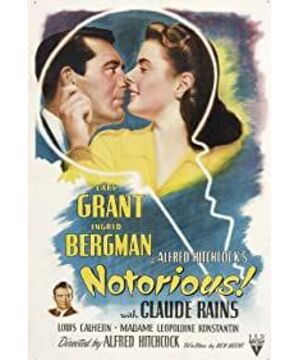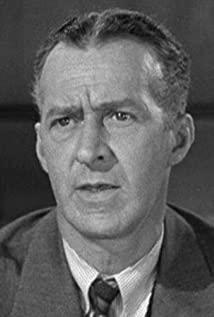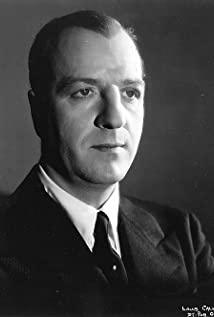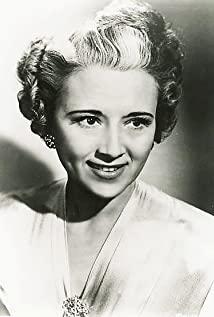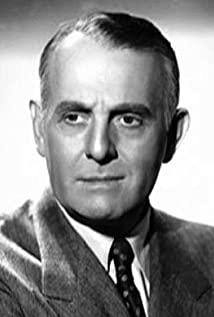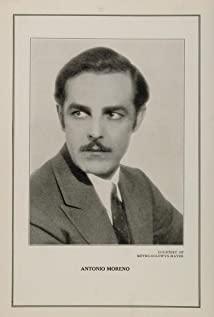Hitchcock’s contribution to the film lies in the suspense, the tense rhythm, the exquisite camera angle, the two protagonists Gary Grant and Ingrid Bergman, and their British deep and twisted character, insidious and cold. Mother, exquisite silver tableware and champagne produced in 1934, the imagination of uranium in a wine bottle, and the plot arrangement of the heroine marrying another man and having sex with him. (Regarding the last point, Ms. Qiong Yao once made a fierce objection, on the grounds that "we should not take pictures that are not beautiful." Hitchcock refused her to set her Nazi husband as a castrate—he insisted that only Hitch-cock had it. The right to cock was removed, and he also refused to arrange for him to be drunk with the heroine and then "raw rice and cook mature rice", but he had changed the Nazi husband's actor three times to get closer to the "beauty" standard in Ms. Qiong Yao's mind— —It is said that Gary Grant almost changed his role as the German husband. The two were in a stalemate, but in the end the dispute ended at a dinner where Ms. Qiong Yao compromised with Hitchcock after eating a chicken leg. She asked Hitchcock to promise not to appear in the film, and the latter accepted this request with great pain).
In addition to preventing Hitchcock’s appearance, Ms. Qiong Yao also contributed most of the dialogue of the heroine and heroine in the second half of the play. It is said that Hitchcock has been confused about how to make the hero love the heroine without letting the heroine love the heroine. The protagonist feels that the hero is in love with the heroine and how to make the heroine love the hero without revealing the truth to the hero. However, Ms. Qiongyao quickly solved these problems through a bunch of misleading nonsense with extremely professional skills, and transferred Hitchcock's confusion to the audience. For this reason, Hitchcock once praised it without sensuality: "For me, how to use the camera to pose a ecstasy to the audience is a lot of fun. And Ms. Qiong Yao is better than me by just using dialogue." What we must not forget is that the sudden love of the heroine for the heroine in the play is also the finishing touch of Ms. Qiong Yao. It reflects the empty state of mind of the people after the war, and successfully reveals the "uncaused impulse" that prevailed in women's waists at that time.
We could have expected the next collaboration between Hitchcock and Qiong Yao, but after Hitchcock rejected Ms. Qiong Yao's adaptation of "Beauty" into the TV series "Three Beauties", the relationship between the two began to continue to deteriorate. In the end, the arbitrary Hitchcock dropped Qiong Yao's name from the cast list when the film was released. After receiving her share of dividends, Ms. Qiong Yao, who was treated unfairly, left her four good comments: "He is really cruel, so unreasonable, so unfeeling, so unreasonable to make trouble", angrily took the opportunity to return to Taiwan. The following day "New York Express" reported the incident, titled "Four Good For Hitch".
View more about Notorious reviews


